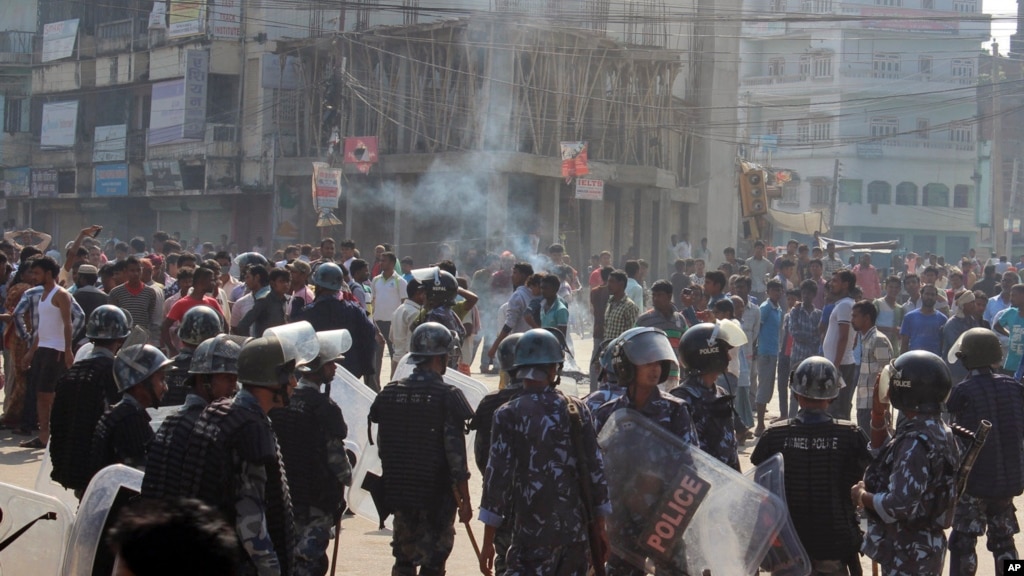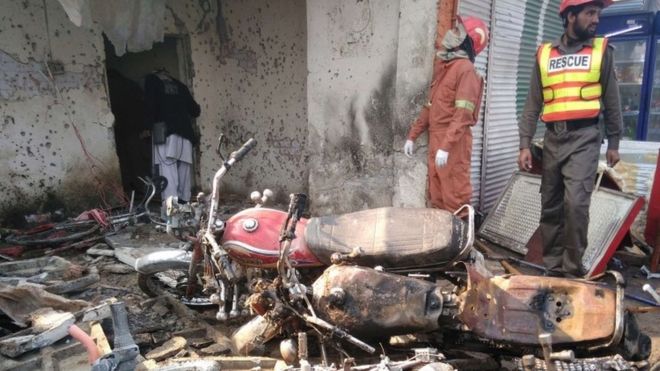By Christine Khamis
Impunity Watch Reporter, Asia
Chinese authorities have ordered a prominent women’s legal aid center in Beijing to shut down. The Beijing Zhongze Women’s Legal Counseling and Service Center, a product of the 1995 United Nations Fourth World Conference on Women in Beijing, was not given a reason for the closing.
The center, led by attorney Guo Jianmei, was set up as an independent non-governmental organization (NGO) at Peking University and later moved to Beijing. The center provided legal assistance concerning rights issues regarding domestic violence, child custody, land rights, and employment for twenty years.

At the time of the center’s founding, China was struggling to receive international acceptance following the Tiananmen Square massacre a few years earlier. The center’s opening was symbolic because it signified a significant move toward greater civil freedoms.
The center’s closing shocked many women’s rights advocates. In the past, it has been China’s official policy to promote gender equality and the status of women. China had also just expressed its dedication to women’s rights at the United Nations conference in September. The center had a good reputation and Chinese authorities seemed to tolerate the work that the center was doing, according to Maya Wang of advocacy group Human Rights Watch.
Colleagues of Ms. Guo believe that authorities shut down the center in part because of its foreign funding. The center was unable to receive domestic funding because its work did not conform with governmental objectives. In the past, Chinese authorities have been known to blame independent advocacy organizations of taking money from foreign entities that want to destabilize the country.
The high-profile cases that the center had taken in the past could also have contributed to its closing. One of the center’s most high profile clients was Li Yan, a woman sentenced to death for murdering her husband. Ms. Li’s sentence was commuted by a court last year.
The closing of the center is only one of the many measures the Chinese government has taken recently to curb the civil liberties of its citizens.
For more information, please see:
Shanghaiist – Chinese Authorities Order Beijing-based Women’s Legal Aid Center to Shut Down – 30 January 2016
South China Morning Post – Leading Woman’s Rights Group to Shut Down as China Tightens Squeeze on Civil Society – 30 January 2016
The New York Times – China is Said to Force Closing of Women’s Legal Aid Center – 29 January 2016
China Digital Times – Guangzhou Activists Sentenced; Beijing Women’s Legal Aid Center Closed – 29 January 2016



